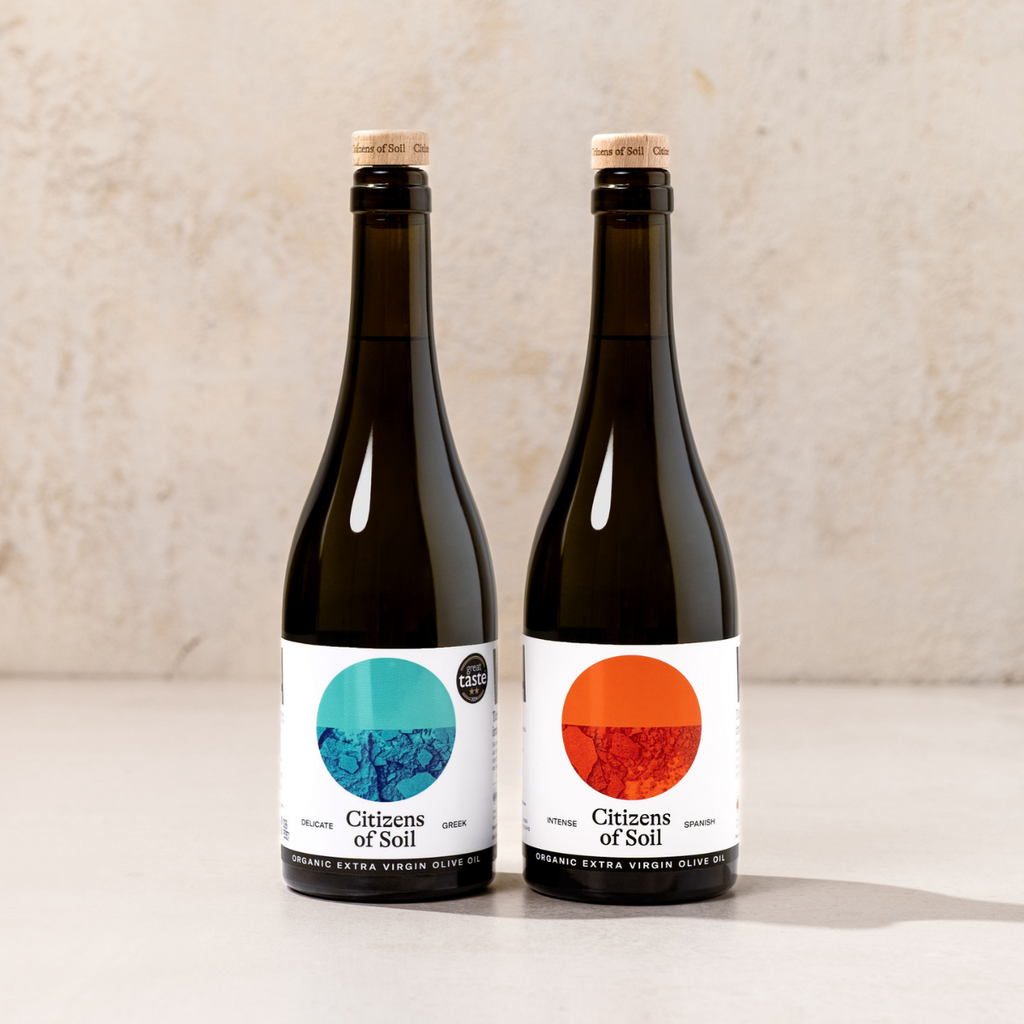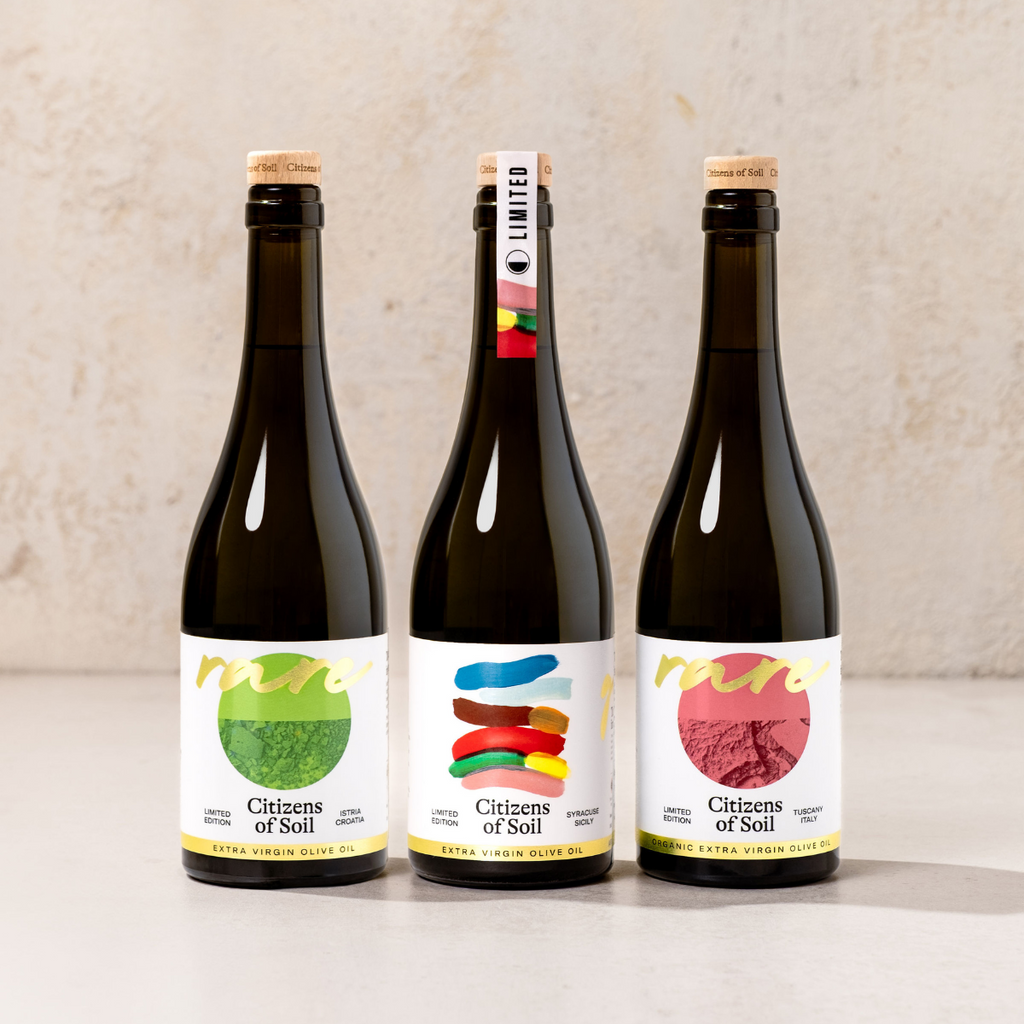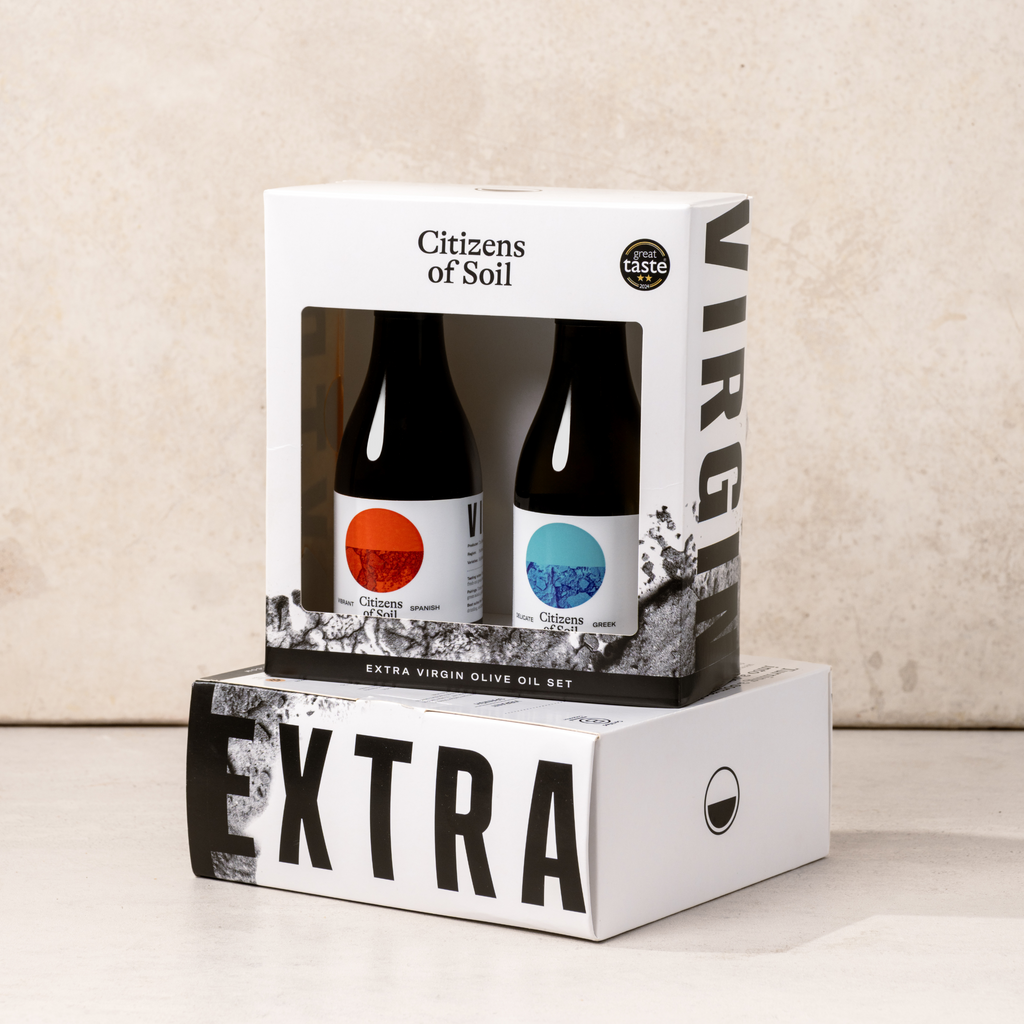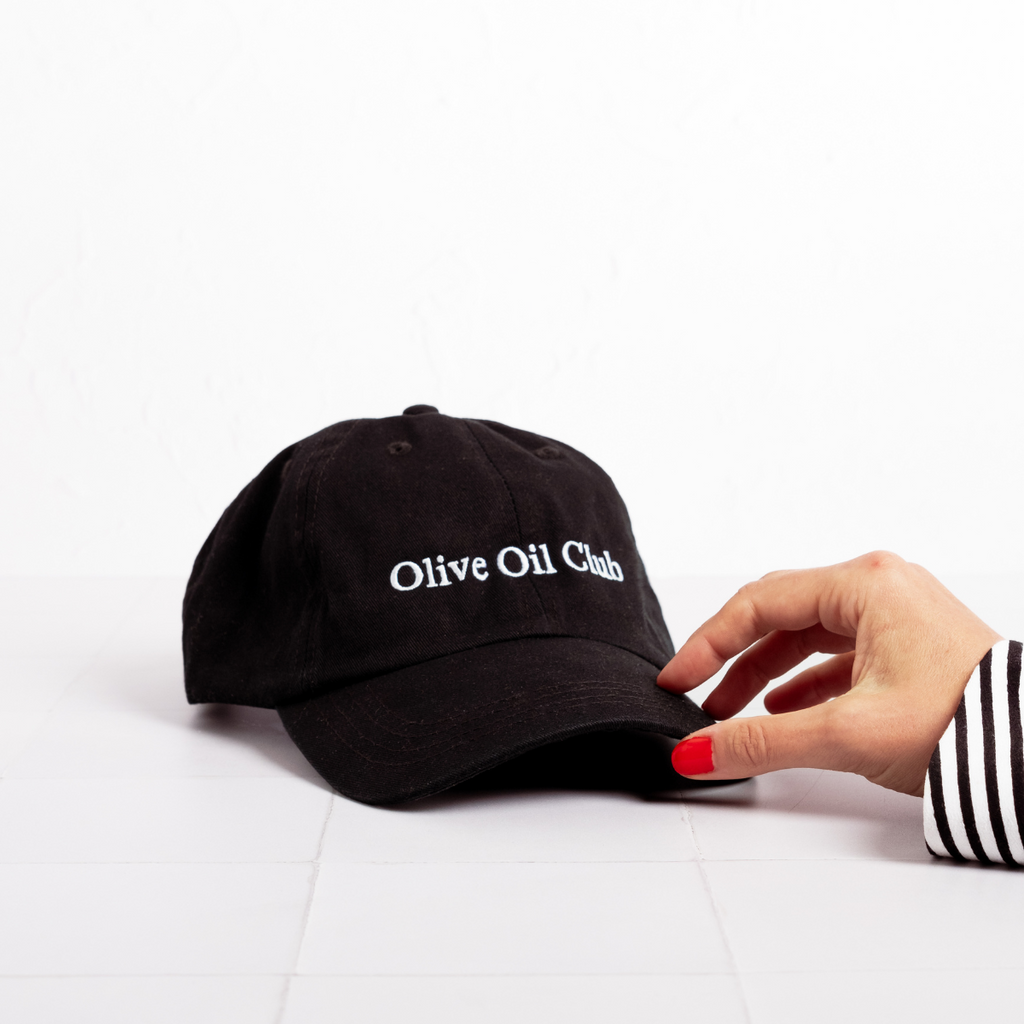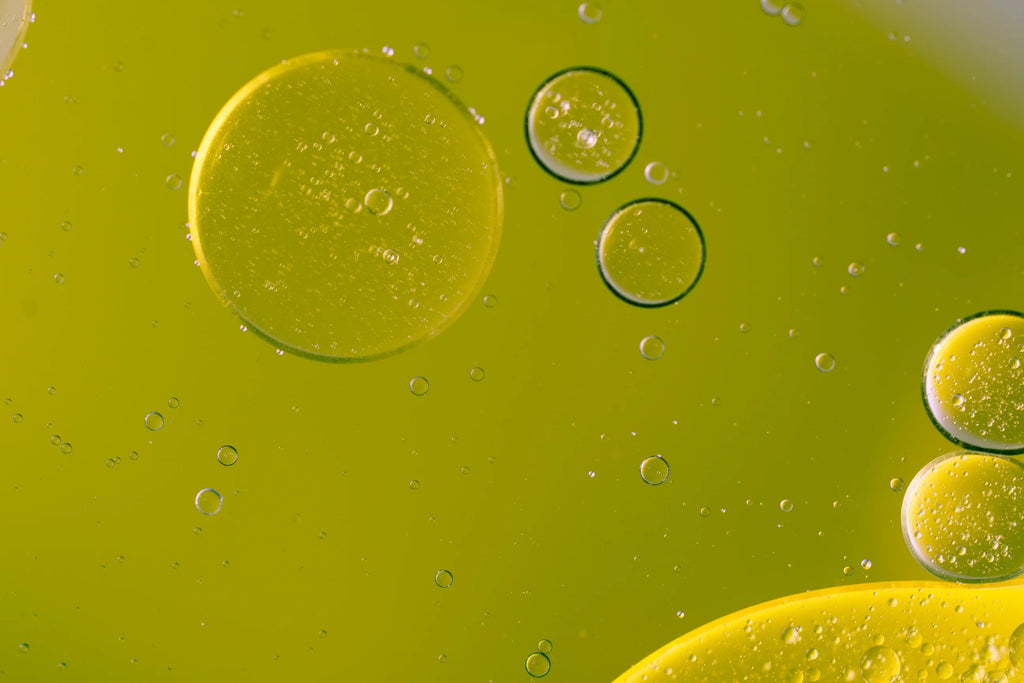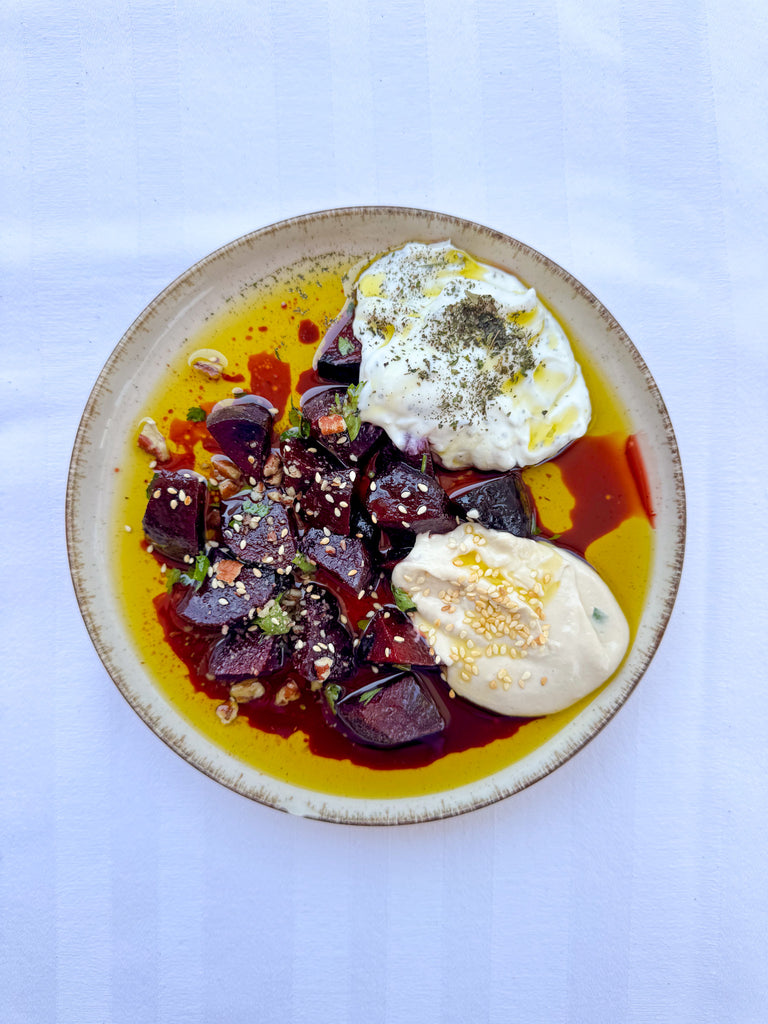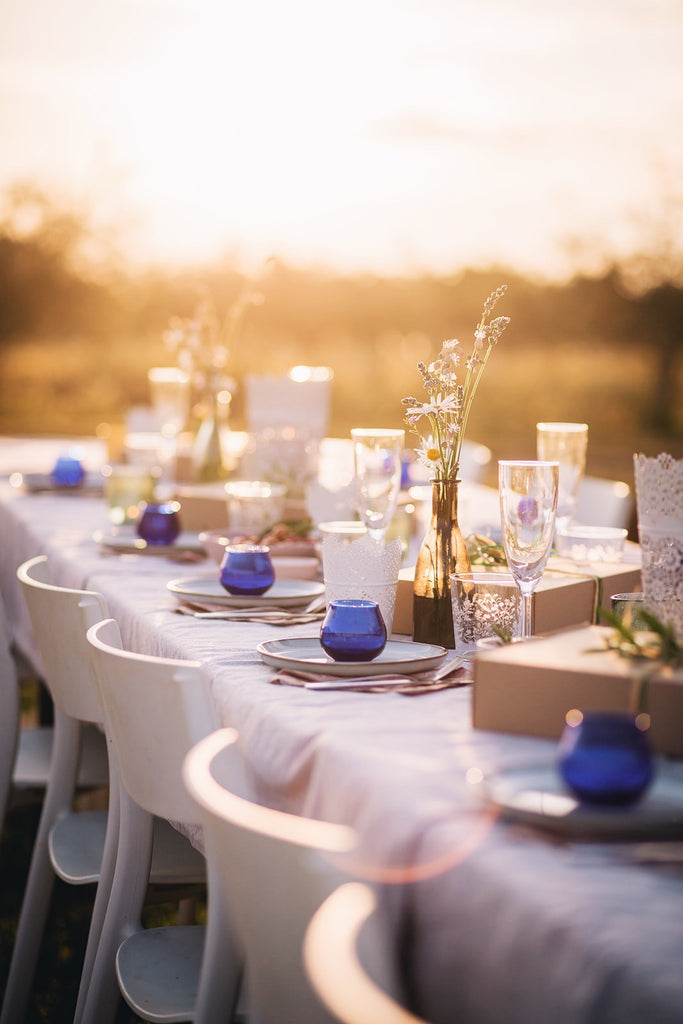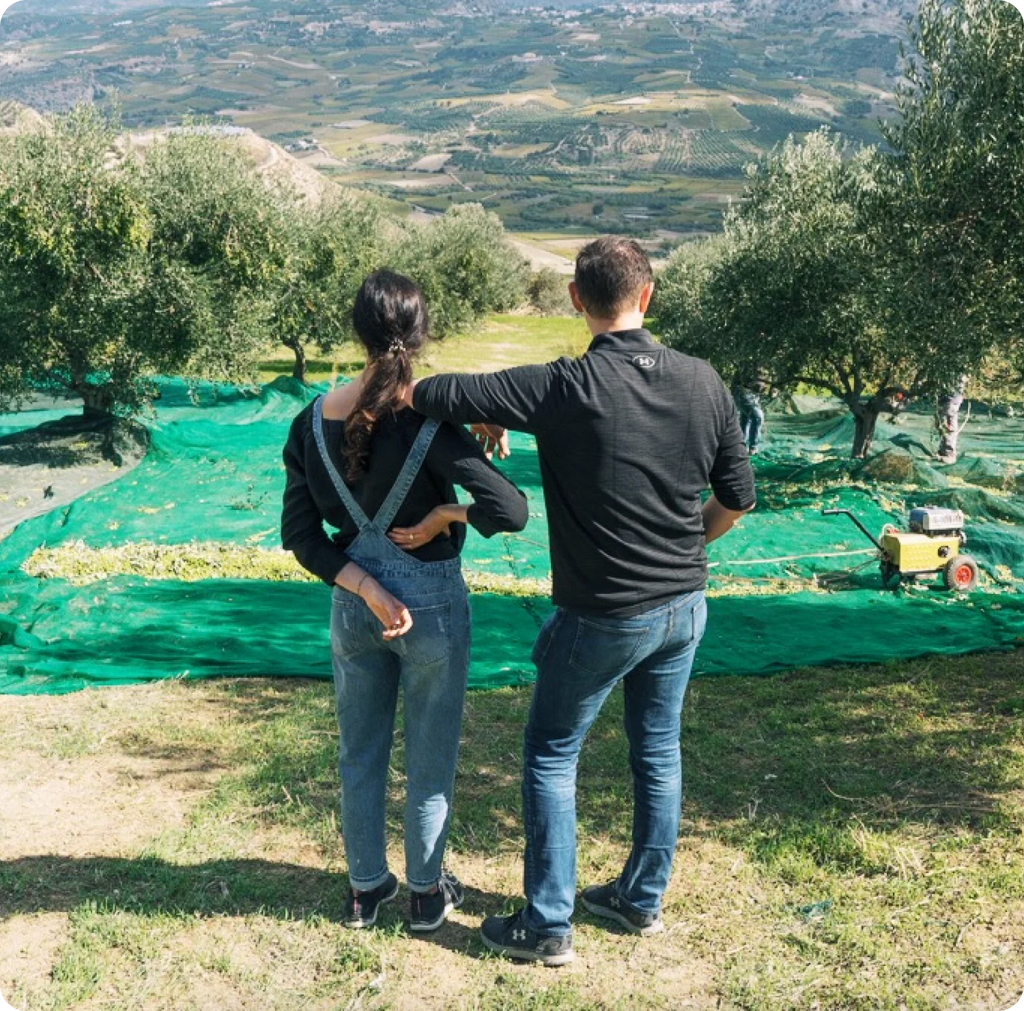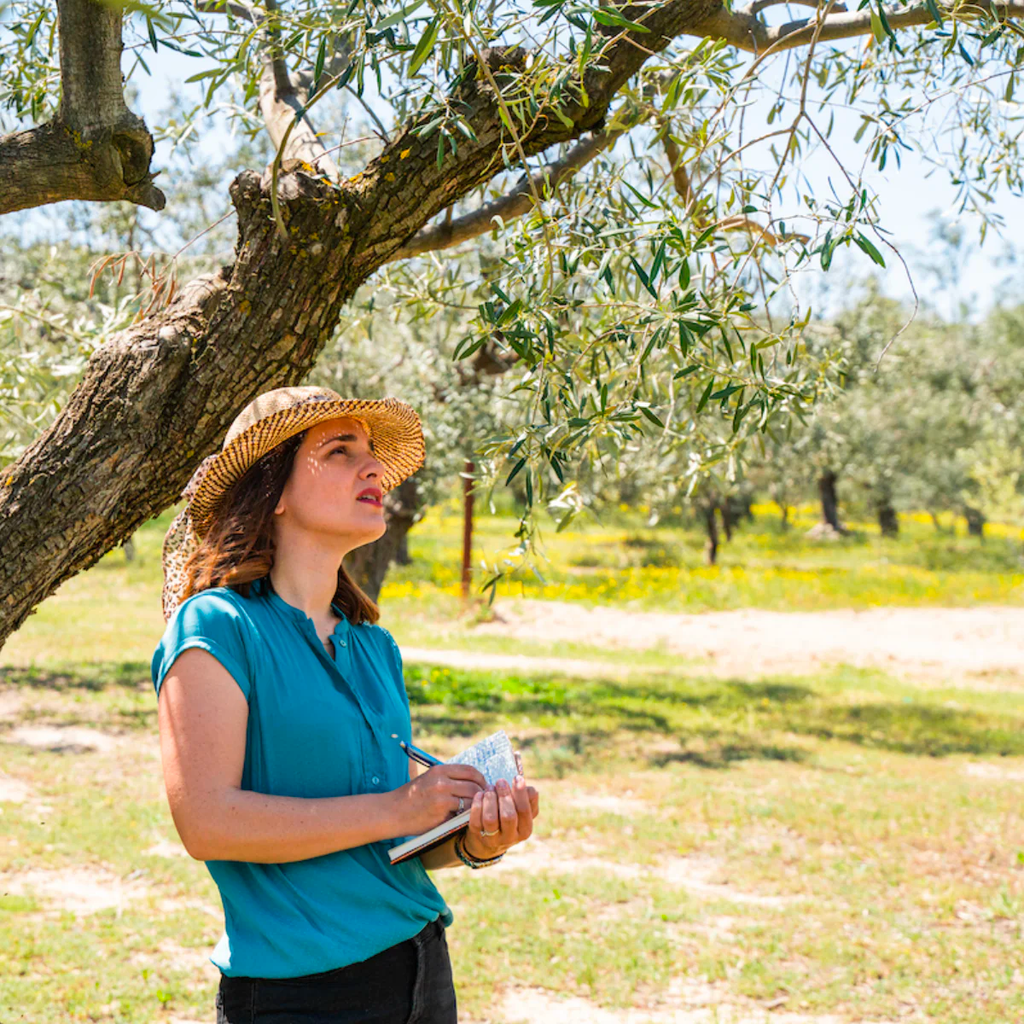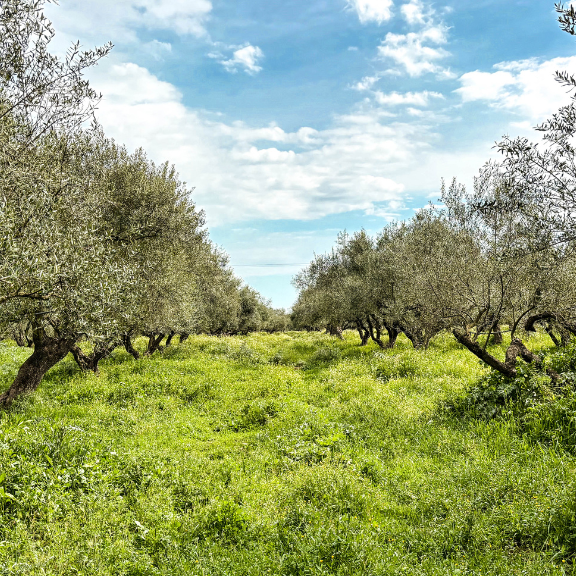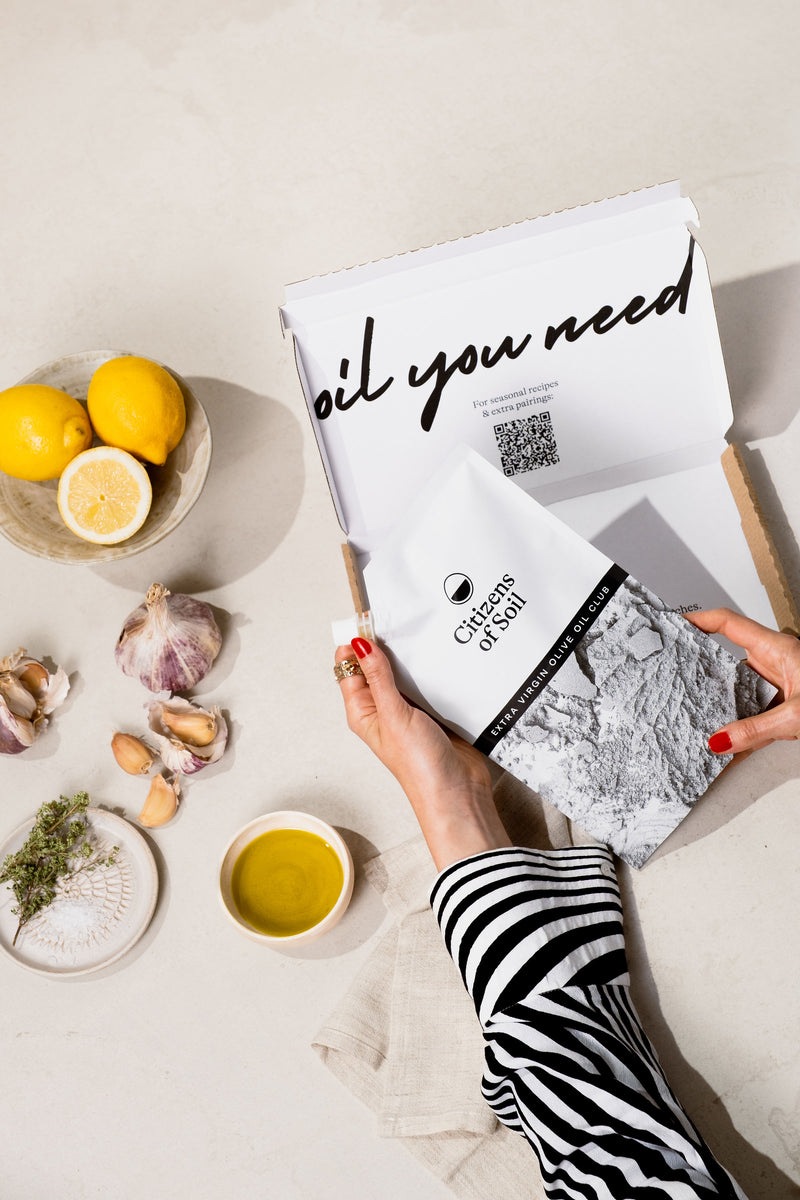Small-scale olive oil producers take on the mega farms
Ever wondered why you can buy a beautiful house in a Mediterranean village for just €1? Moments from your favourite holiday destinations, abandoned groves serve as a stark reminder of the reality facing rural communities. Small farming—quite literally—doesn't pay the bills.
There’s been an exodus from the countryside to the cities, leaving behind charming little villages and the deserted lands around them.
This week the Financial Times wrote a feature entitled "Olive oil heartlands battle over the industry’s future."
But what this article doesn’t touch on is the social and environmental impact of small versus big.
Small-scale farmers can be:
- Stewards of our planetary health,
- Guardians of the rural economy and society,
- And a crucial connection to nature that the majority of us have lost.
But where do they fit into a €14 billion industry that forces maximised yields and profits over people and planet?
Until not too long ago, olive oil was made more or less the same way going all the way back to antiquity.
Enter the mega farm, which has been devouring whole pockets of olive regions for the past couple of decades.
Where once traditional family groves stood proud, you now find endless high-density plots, tightly-packed for machine optimisation—trees that are more carbon copies than carbon captures.
In fact, in Spain’s biggest producing region, it’s called the “sea of olives” because that’s all you can see for miles. Whilst beautiful, this description is also a reminder of what this feat is: unnatural.
“There is no profit any more in cultivating olives the traditional way,” says a big oil exec in this FT piece.
And although this may be true of profit in a short-term, basic sense, it ignores the wealth of pressing issues facing this industry.
Mega farms massively degrade soil, kill off wildlife (a quick Google of “olive harvest and birds” is a terrifying window into these bad practices), suck up critical water supplies in regions ravaged by drought, and shift the whole fabric of the countryside.

Why we champion small-scale producers.
"As small producers, we take care of the land more because we feed our family the same food that we give to our customers. So we don't see it only and strictly commercially."—Marianna Devetzoglou in Corinth, Greece.
There’s evidence to show that landowners and growers working on smaller farms simply look after the land better.
In the case of Italy’s tragic Xylella fastidiosa bacteria which has destroyed more than 20 million olive trees in Puglia, the largest region for Italian oil, the likelihood of survival depended on having people around to detect it and mitigate it quickly.
“Rural depopulation and a reduction of practices in landscape care due to the simultaneous increase in agricultural input costs and reduction in olive oil market prices…This has meant fewer people on the land, more centralisation of production, and greater reliance on ‘quick fix’ methods like chemical pesticides and fertilisers provided conditions in which an outbreak of a pest (like Xylella fastidiosa) was much more likely,” explains the Sustainable Food Trust.

Beyond just protecting land and holding up our entire food system, "there are many advantages to small farm-holders. Like being able to show the young generation all aspects of farming...showing it's not easy, long days, dedication, hard and hands-on work. We are educators and inspirers, creative, and not money-driven," says Marije Passos, one of our producers in Portugal.
She goes on to say that "the motivation comes from nature, heritage, community, wanting to do what's right for future generations. How can we cut down something that's been there for hundreds of years just because it brings easy work and more profit?"
Another producer across in Croatia sees her family business as "proud ambassadors of the region we grow our olives in," sharing that...
"As small producers, we connect to the land on a personal level, so we are able to communicate the importance of respectful farming more clearly to our visitors. We create meaningful and emotional connections within our guests, while speaking about our natural and cultural heritage. And every person that makes this connection, leaves with a wish to take care and understand their own heritage more. We are the ones who inspire others. And that's humbling and meaningful."—Lena Puhar O'Grady in Istria, Croatia.
We feel, with strong conviction, that small producers can have a big impact on:
- THE ECONOMY: A more fair and equitable system which supports the local economy and better shares capital and access to it.
- NATURE: Biodiversity, soil health, and wildlife through more thoughtful practices.
- PEOPLE: Preservation of culture and community, something that “anchors people in depopulating rural communities” as this piece nicely put it.
- QUALITY: Flavour and nutrition can be the top priority by artisan producers, and super-intensive, “super farm” practices can lessen both of these in their production.
It’s harvest season now, and so we’ll soon be putting money directly into the hands of producers who fit this profile.
And I’ve got no doubts, based on a growing community of Citizens who know and appreciate quality, that there is hope for a big future around keeping it small.
—Sarah Vachon, founder & olive oil sommelier.

